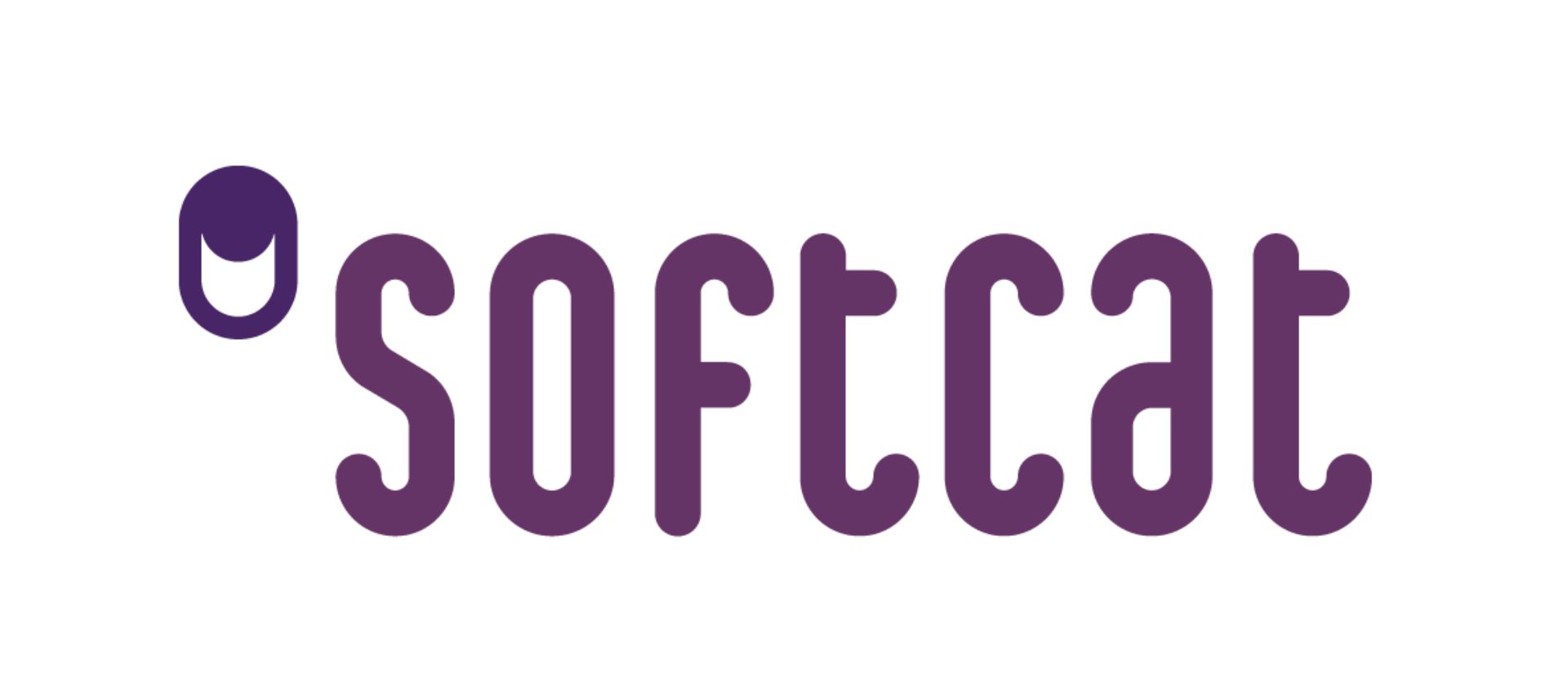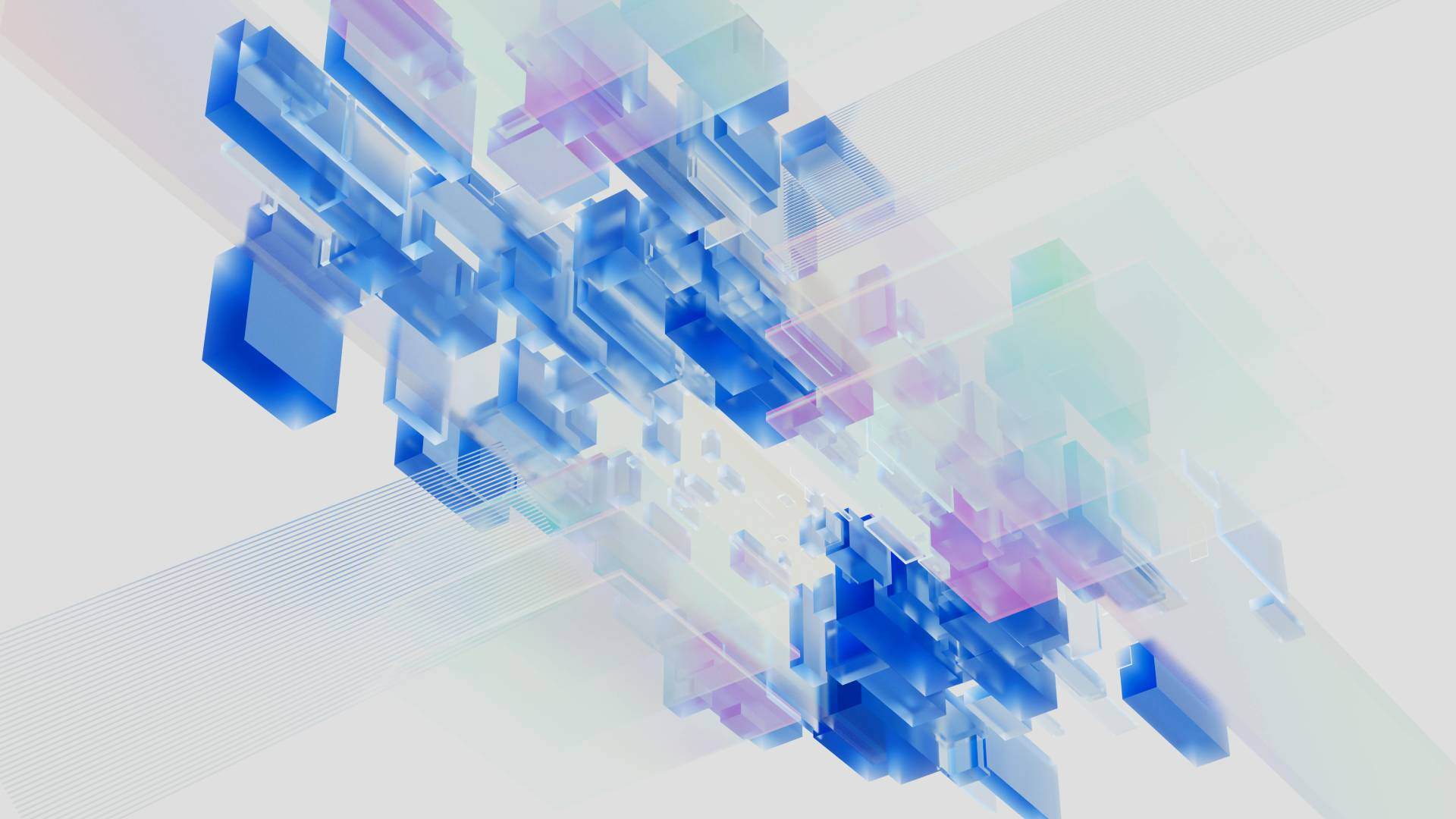In July 2025, Microsoft announced plans to cut around 9,000 roles, nearly 4% of its 228,000-person workforce. This follows earlier reductions in May and January, as part of a broader shift toward AI, automation and a reported $80 billion investment in cloud infrastructure. Affected teams span sales, Xbox, and engineering. While framed as strategic realignment, these moves raise a critical question: in an AI-first future, how do we preserve the value of human connection in support and service?
A recent Gartner report sheds light on this dilemma, predicting that by 2027, 50% of organisations that initially aimed to reduce their customer service workforce through AI will reverse course. This shift reflects a growing recognition that while AI can deliver speed and efficiency, the human element remains essential, especially in areas requiring empathy, trust, and judgement.
Gartner’s Insight: Human Touch Still Matters in the Age of AI
The new report highlights a growing trend towards hybrid customer service models. Despite initial enthusiasm for cost-cutting through automation, many leaders are rethinking their approach:
- 95% of service leaders now expect to retain human agents alongside AI.
- 51% of customers say they trust human agents more than AI (compared to just 7% who trust AI more).
- Concerns are growing about AI-only experiences, particularly in complex or emotionally charged interactions.
This insight underscores a growing consensus: AI should enhance, not replace, human involvement.
What This Means for Microsoft Support
For organisations relying on Microsoft Unified Support, these workforce changes may lead to questions around continuity and quality of service. While Microsoft continues to invest heavily in AI-powered tooling, it's essential that customers still have access to real human support when it matters most. This shift highlights the growing need for trusted Microsoft partners who can bridge that gap: combining deep technical expertise with personalised, human-led support. At times when direct access to Microsoft may feel more automated or streamlined, having a responsive partner that prioritises relationship-based service becomes even more critical.
The Shift to Third-party Support Providers
A recent Gartner guide highlights growing dissatisfaction with Microsoft support services. It found that 80% of customers are unhappy with the quality of support, citing inconsistent service and limited responsiveness. Many organisations are also experiencing annual cost increases of between 20% and 50% under the Unified Support model, often accompanied by unclear pricing policies and a lack of fee transparency.
As a result, Gartner predicts that third-party Microsoft support providers will capture 25% of the market by 2028, as businesses seek more predictable costs and service models that better align to their needs.
Finding a Trusted UK Alternative to Microsoft Unified Support
At bluesource, we are proud to be the only UK vendor mentioned in Gartner’s Market Guide for third-party Microsoft support providers 2025.
In the adoption of AI, we’ve adopted a people-first approach to AI. Our new use of Retrieval-Augmented Generation (RAG) enables our support teams to access accurate, context-rich answers faster, empowering our teams, not replacing them. RAG ensures our team has the right information at their fingertips, helping them resolve ticket issues more efficiently while still offering the empathy and judgement only a human can provide.
Don’t Lose the Human in the Race for Automation
Microsoft’s recent layoffs reflect a broader shift across industries toward AI-powered efficiency. But as Gartner’s research makes clear, the role of human beings in customer experience and beyond is not only far from obsolete, it’s becoming more critical.
The real opportunity lies in creating systems where technology and people work better together. Businesses that lean too far into automation risk losing the very trust, empathy and creativity that build lasting relationships.
In the age of AI, the organisations that succeed will be those who ask not “What can we automate?” but “How can we use AI to make human customer support better?”





